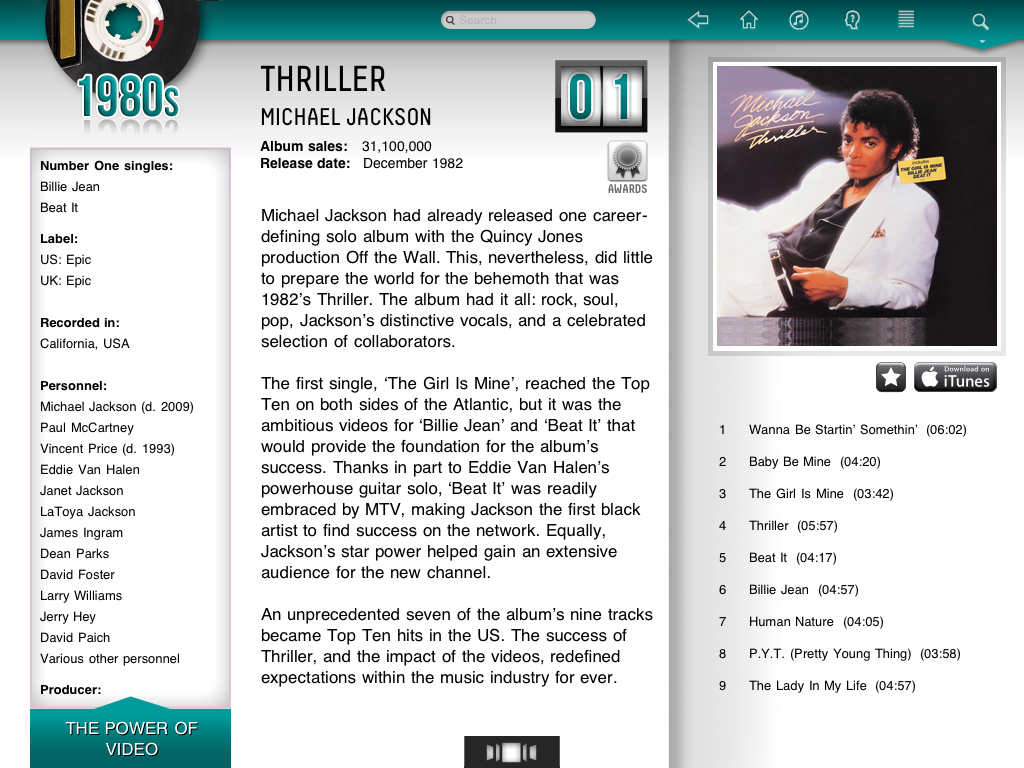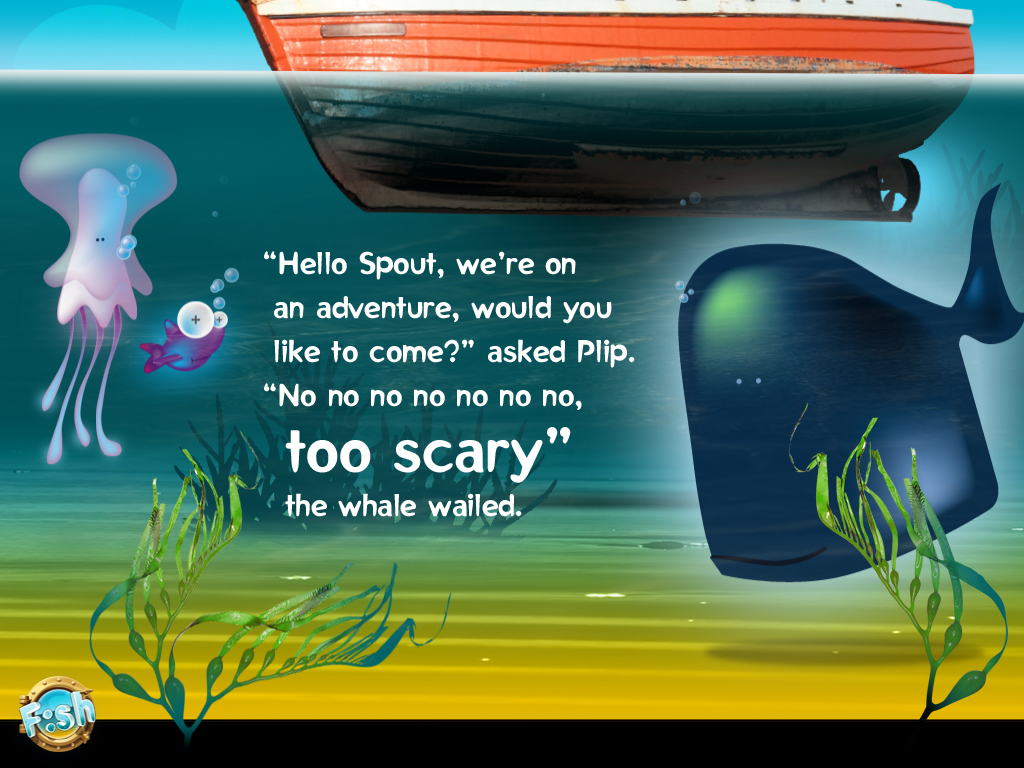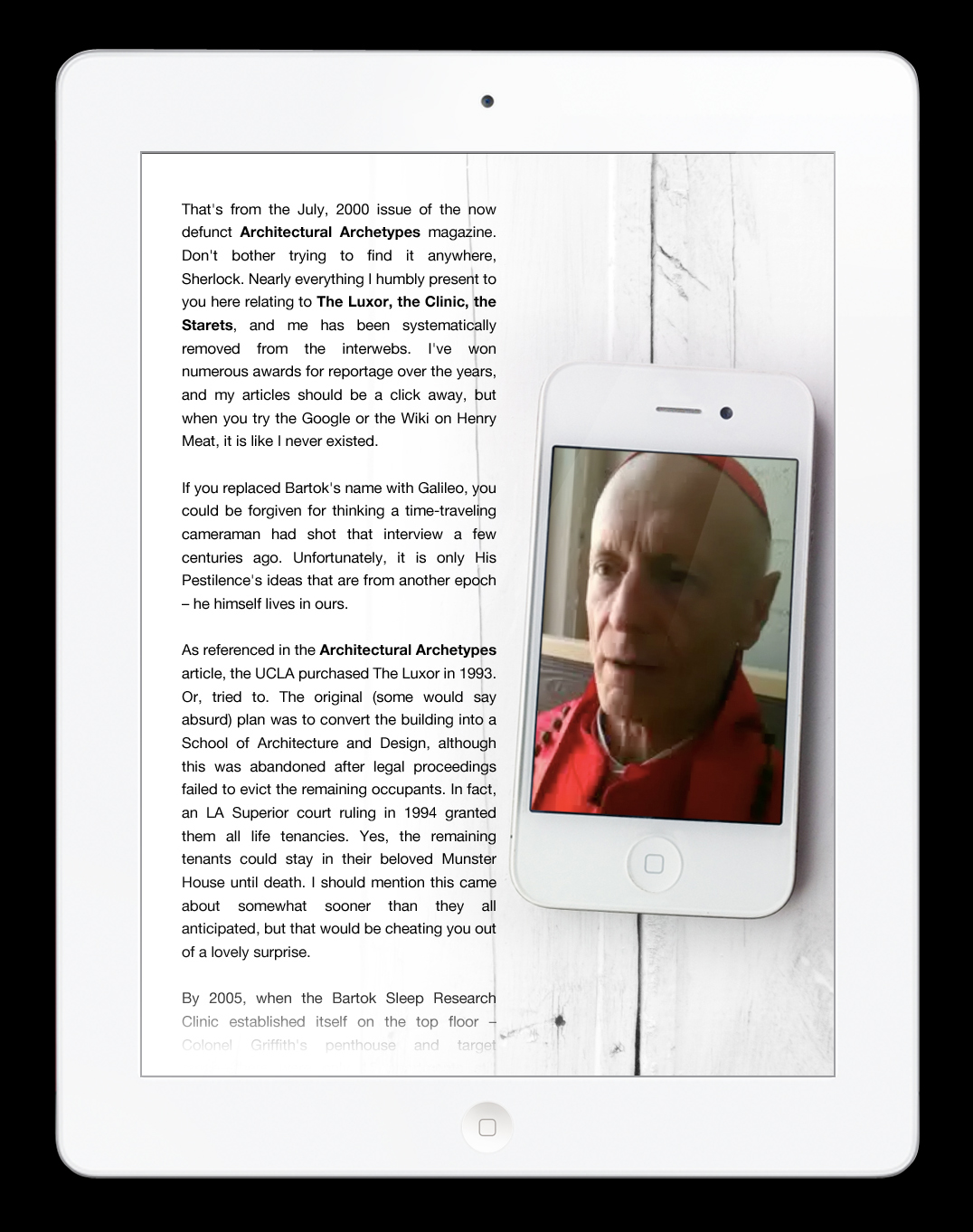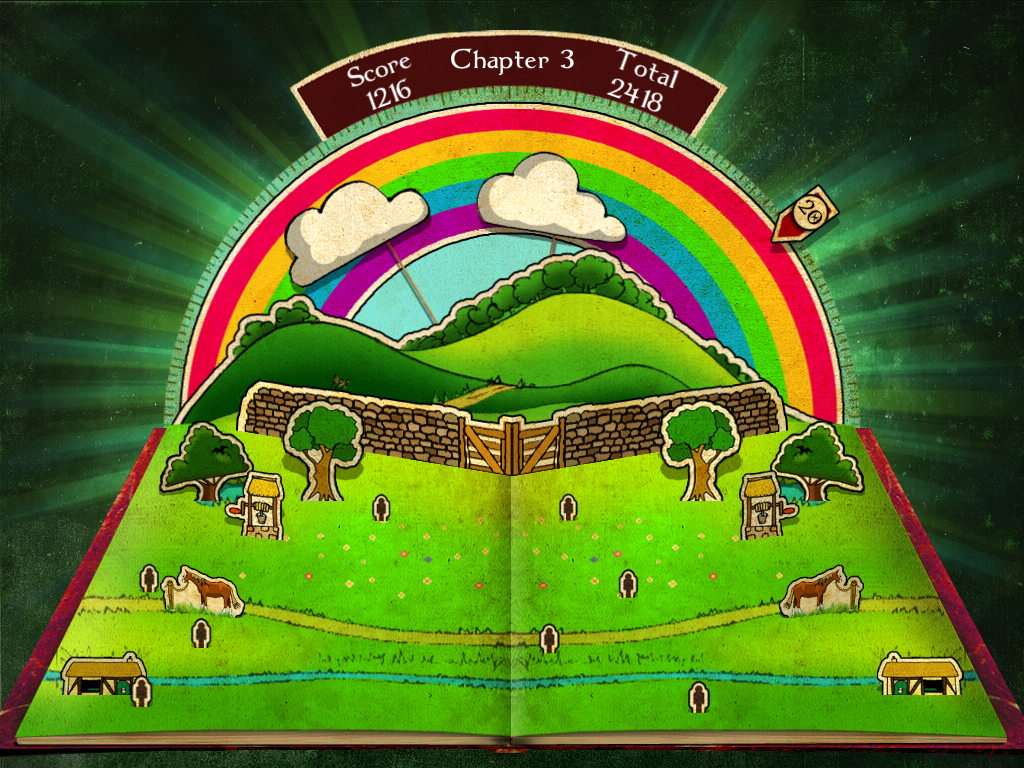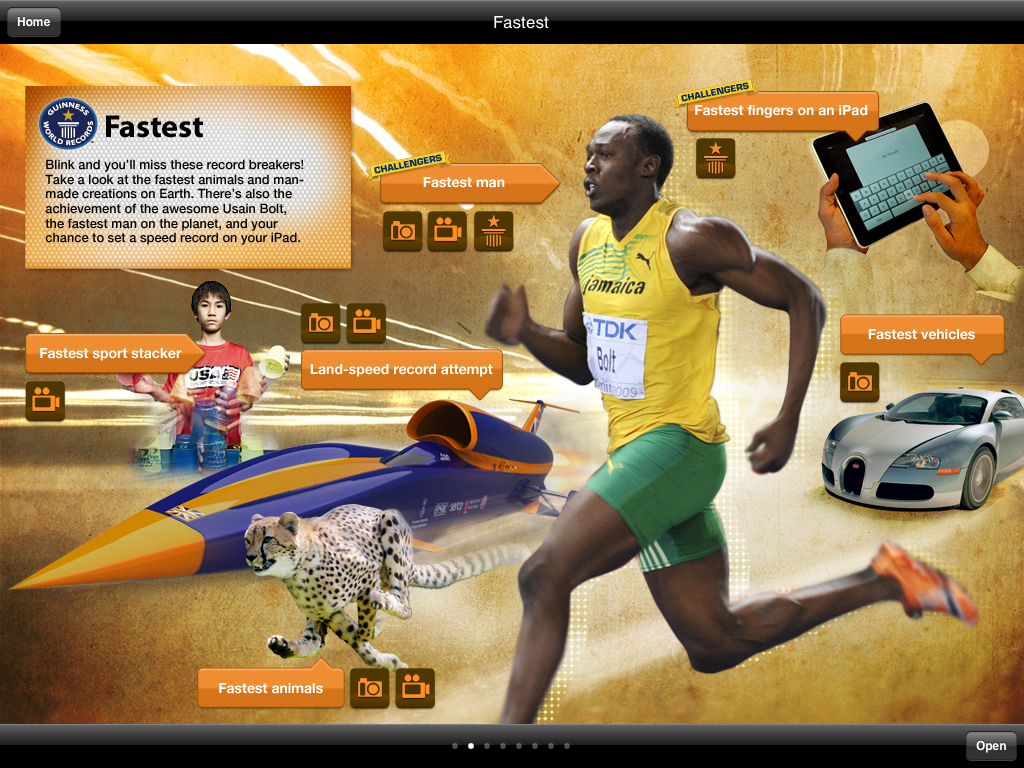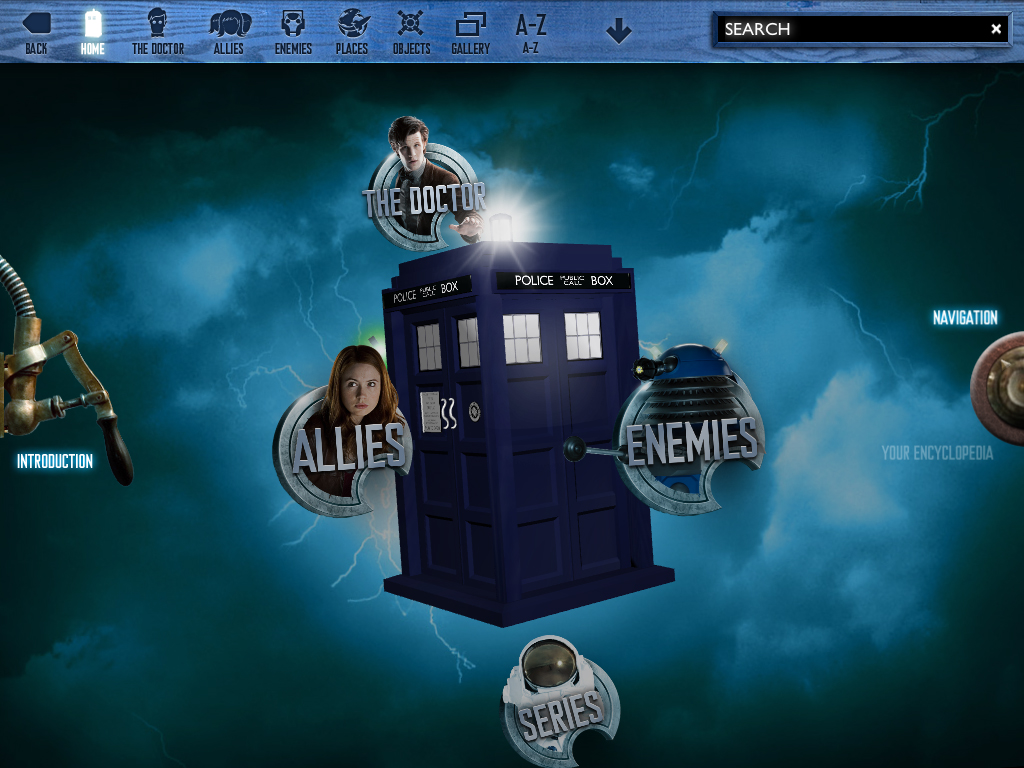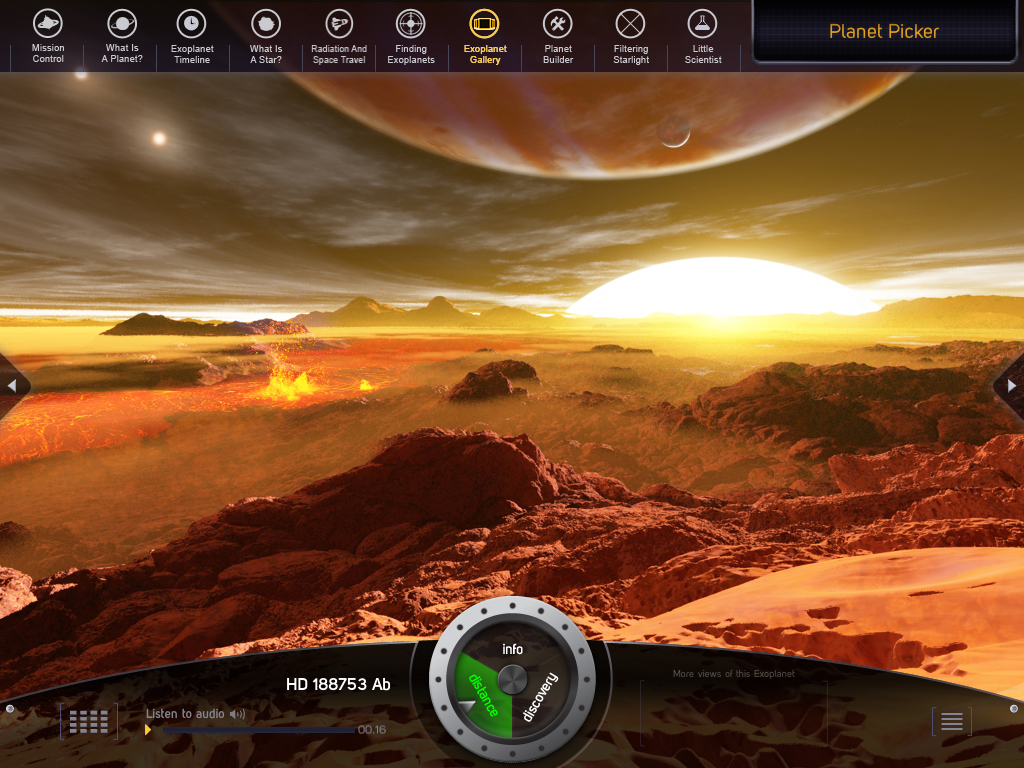By the end of the first week of the London Olympics, I was itching to write about this inspirational demonstration of human achievement. I didn't want to publish anything during the first week, nor the second, not even the day after the closing ceremony but right about now, just before post-apocalympic blues sets in.
In the run up to the Games I joined the ranks of Olysceptics, citing travel chaos and poor weather as the two greatest enemies leading to global ridicule and failure. When I heard of leaked plans for Danny Boyle's opening ceremony involving NHS nurses and allotments, I thought the whole thing would degenerate into farce on a scale unlike anything we had previously witnessed. Twitter would surely draw blood on day 1.
But that all changed. Something magical happened. We all fell in love with the rolling green hills of Middle Earth, Kenneth Branagh's jovial Brunel and the thrusting chimneys of the Industrial Revolution. There were the odd slips into expected stereotypes but as the superheated Olympic rings descended we united as a nation behind this uniquely British spectacle, full of passion, humour and stunning design touches.
Thomas Heatherwick's creative genius burned as brightly as his cauldron, with the flame completing its journey to the centre of the immaculately branded £486m British designed and built stadium. A great night to kick off 16 days of design excellence, faultlessly broadcast by the greatest television network in the world – the BBC.
Oh, and there were some medals too. TeamGB built momentum throughout the Games, finishing in a solid third place with 29 Gold, 17 Silver and 19 bronze medals – our best result for 104 years. We shed tears for the genius of Jess and the might of Mo and 90.4% of the population (51.9m people) shared the highs and lows on our smartphones, tablets and the big screen at the heart of our homes.
Kennedy got it right "ask not what your country can do for you, ask what you can do for your country" – each and every competitor gave 100% (apart from Taoufik Makhloufi of Algeria… and the British football team) to represent their country. It wasn't just about taking part, it was about going for gold and realising potential.
Most Premiership footballers look as if they're turning up for a match as part of their contractual obligation or a court order. Our athletes were proud to be there and this rubbed off on a proud nation, already whipped into a patriotic fervour in this Jubilee year and following Bradley Wiggins' Tour de France win.
So how do we keep this going? Well we'll watch the Paralympics and marvel at incredible courage in the face of adversity and another great haul of medals. Then what?
I had an exchange of words on Twitter last week with someone I regard as an intelligent individual. I somehow found myself defending athletes and athletics as if I were taking sides against academic achievement – I wasn't, both have enormous merit. Here's how the conversation unfolded:
BE: Not sure athletes are better role models than singers. Both imply that you have to be born with talent and that classroom study is pointless
DJ (me): Are you serious? An athlete can be trained - as can a voice & a brain. Without opportunity, you cannot realise potential
DJ (me again): what an utterly ridiculous message. Of course only a few succeed - in any walk of life - but you have to be in it to win it.
BE: There are far more opportunities for people who work hard at school than for those who work hard at running in circles.
DJ: are you somehow suggesting the two are mutually exclusive? We should encourage kids (and adults) to reach their potential.
End of conversation.
I'm sure the news that the Government is reinstating competitive sports in schools was music to many parents' ears. I'd never be accused of pushy parenting (quite the opposite) but understanding the benefits of competitive spirit and team participation builds character and is vital preparation for the real world – be that on a track, a stage, in a pitch or a lab.
For those of us in the privileged position to act as a mouthpiece for an industry, it's time to be positive and talk about Global Collaboration. Our Olympic triumphs not only position Team GB (that's all of us) as a successful nation once again, but this opens the door to working 'with' the rest of the world, not against it.
One of our stunning app projects for 2012 is our newly Kickstarter-funded title 'The Numinous Place' – a perfect example of international collaboration. This work of transmedia fiction is the brainchild of LA-based Kiwi Mark Staufer and together with US and Irish contributions and our British design tech and innovation experience we're in great global shape. Having Russell Crowe on board as an investor doesn't hurt either.
No, the Olympics won't make the recession go away, feed the hungry or cure the sick but it can motivate a nation to get up, get out and stop feeling sorry for itself.
We're amazing – that's the lasting message to take from The Games but it takes effort to become amazing, and even more to make it stick.


